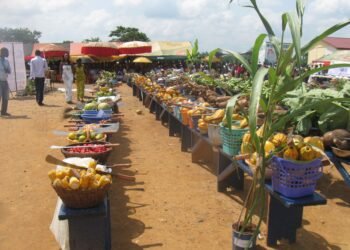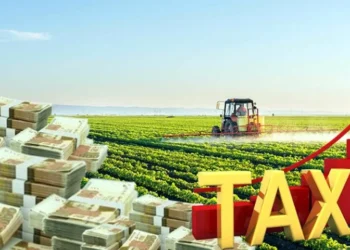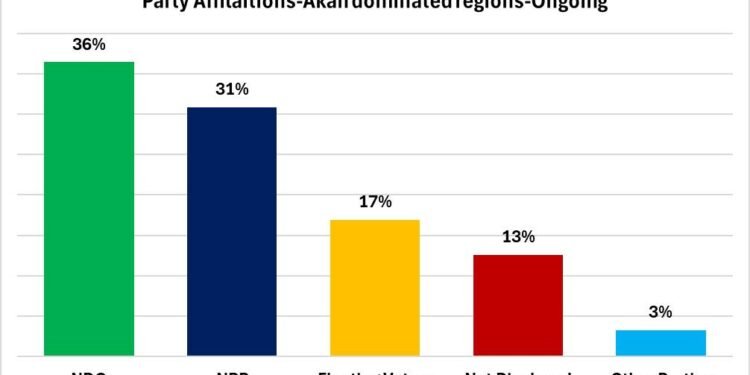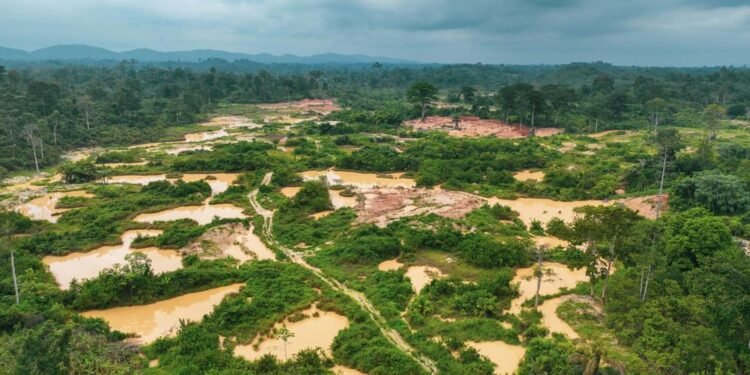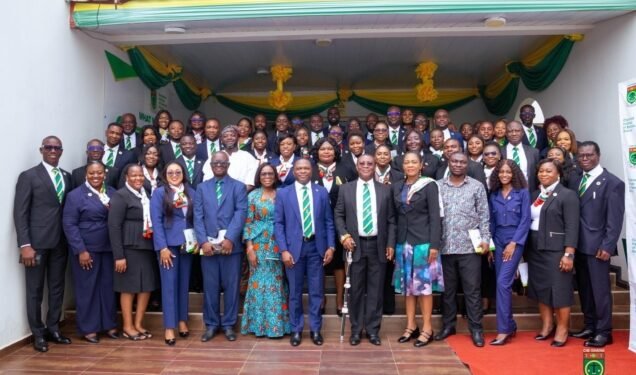The European Union (EU) has pledged its support towards the implementation of transformative policies in partner countries on the continent.
Ms Paulina Rozycka, the Head of Infrastructure and Sustainable Development for the EU in Ghana, emphasized the Union’s commitment to fostering sustainable production practices and unlocking the economic potential of the cashew value chain.
Speaking at the sixth Council of Ministers’ Conference of the Consultative International Cashew Council (CICC), Ms Rozycka underscored the importance of sustainable production in driving economic growth.
According to Ms Rozycka, the EU recognizes both the economic and environmental significance of the cashew value chain and aims to provide the necessary support for the development and implementation of policies that promote sustainability and resilience.
The conference, held under the theme “Projecting the Cashew Sector through Local Consumption, Value Addition, and Job Creation,” served as a platform for ministers, experts, researchers, and stakeholders from eleven African countries to come together. The gathering facilitated the sharing of experiences, identification of gaps, and the mobilization of collective efforts towards advancing the cashew industry in Africa.
Ms Rozycka indicated that by prioritizing local consumption, value addition, and job creation, the conference aligned with the EU’s vision of promoting inclusive and sustainable economic development. She added that the emphasis on local consumption not only fosters food security but also creates opportunities for smallholder farmers and local processors to participate in the value chain.
“The EU is very interested to see a thriving processing hub in Africa, closely linked to European Markets and guided by inclusiveness and sustainability principles, maximising revenues and jobs for African Nations. Beyond, Cashew has the potential to spearhead and set an example for an agro-industry based on agroecological principles. This is the spirit of the EU Cashew Initiative which is in the making.”
Ms Paulina Rozycka
Ms Rozycka noted that the EU is set to frame the European Interventions in the sector in a Team Europe Spirit and closely aligned it to partner countries’ interests. “We don’t start from zero. The EU is the main donor of the GIZ implemented Move-ComCashew Programme. We salute its 15 years of engagement and its key contribution to the dynamic sector that Cashew is today in Africa,” she said.
Ms. Rozycka highlighted the integration of the ComCashew initiative into the broader AgroBusiness Facility for Resilient Value Chains, a collaborative effort funded by the EU (43.8 million EUR) and the German Ministry of Cooperation (12.2 million EUR).
A year into the program, she reported that the 16th and 17th editions of the GIZ-ACA (African Cashew Alliance) Master Training Programme were actively training numerous experts from Ghana and 20 other African countries.
Ms. Rozycka further pointed out that 30 private sector partners, including cooperatives, processors, and distributors, had been chosen to benefit from a Matching Grant Fund across 11 countries, with four from Ghana. This initiative, mobilizing approximately 6.5 million EUR, aimed to support the “missing middle” actors in accessing formal finance or developing inclusive and sustainable aspects of the value chain.
Ms. Rozycka zpraised Ghana and applauded the recent approval of the Tree Crops Regulation, which seeks to enhance competitiveness, productivity, profitability, and sustainability within the tree crop sectors, particularly Cashew.
The Consultative International Cashew Council (CICC) comprises Benin, Burkina Faso, Cameroon, Côte d’Ivoire, Ghana, Guinea, Guinea-Bissau, Mali, Nigeria, Senegal, and Togo. Established on November 18, 2016, in Abidjan, Côte d’Ivoire, the CICC aims to foster collaboration and synergies among member states for the sustainable development of the cashew sector.
Africa’s cashew industry has emerged as a key player in recent years, holding immense potential to drive the continent’s economic growth. Approximately 60 percent of the world’s raw cashew nuts are produced in Africa, with Cote d’Ivoire leading the pack as the world’s largest producer, yielding nearly one million tons in 2021.
The EU’s commitment to supporting the cashew sector aligns with broader efforts to achieve the Sustainable Development Goals (SDGs) and foster economic resilience in partner countries. By leveraging partnerships and mobilizing resources, the EU seeks to empower local communities, strengthen value chains, and promote sustainable development across the continent.
READ ALSO: ECOWAS Bank President Meets Finance Minister in Washington




